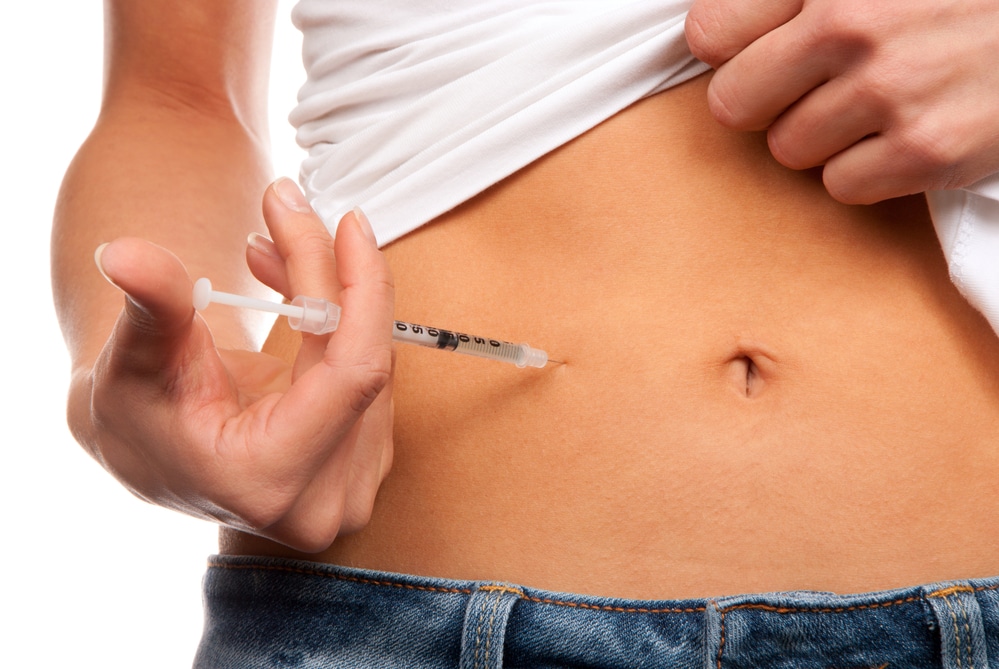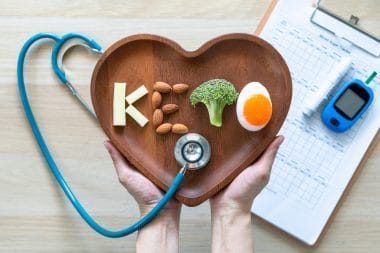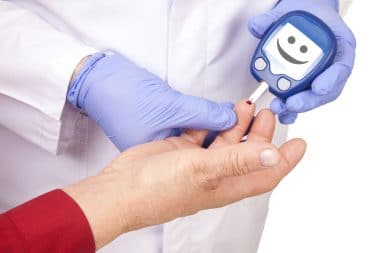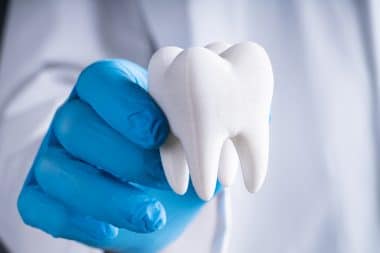Diabetes and depression are serious illnesses. They are not illnesses that will simply go away if ignored. Both diabetes and depression are likely to get much worse without medical intervention and treatment. According to the CDC people with diabetes are 2 to 3 times more likely to get depression than those without diabetes. Further, only 25% to 50% of the people who get diabetic associated-depression get medical treatment.
Managing diabetes can be difficult and the realization that it will continue for life unless a cure is discovered can bring on depression. Depression affects our appetite, energy, and sleep habits, and those elements bring on diabetic problems. It is a vicious cycle that you must break.
What is diabetes?
Diabetes is a chronic illness. Our bodies naturally produce the hormone, “insulin”. This hormone regulates the glucose (sugar) from the foods we eat, through the bloodstream, to produce energy. The glucose is broken down in the blood, and the insulin helps the glucose get it into our cells. When we stop producing insulin effectively, it causes the glucose levels to stay too high in the blood. The inability of the pancreas to produce insulin is diabetes. This damages the body, internal organs, tissues, and nerves. It can lead to serious medical issues including:
- Blindness
- Kidney failure
- Cardiovascular disease
- Lower limb amputation
- Slow-healing (and easily infected) sores
- Hardening of blood vessels
- Neuropathy
- Tooth decay and pain
How is diabetes treated?
There are different types of diabetes. To put it in an over simplified form, Type 1 diabetics are people whose pancreas does not produce insulin at all. The medical community does not know what causes type 1 diabetes. They know that often when a person has type 1 diabetes, one or both of their parents will have had it too. This is not always the case, but it is true often enough that a person whose parents had the disease should be tested for it regularly. A person with type 1 diabetes must take insulin and eat a diet that is designed for someone who cannot have sugar.
Type 2 diabetes can be controlled in various ways. This includes eating a no-sugar (diabetic-friendly) diet, exercise, medication, and sometimes insulin. In both cases, careful monitoring is required. You will need your supplies with you at all times. You need to check your blood glucose levels before you eat a meal or when you feel that your glucose is high or low. You need to keep records so your doctor will know how low your levels fall during sleep and how you are responding to treatment.
For either type of diabetes, quality equipment is necessary. Contact industry leader Ascensia for Contour Care. Ascensia has been in the business of helping people with diabetes for over 70 years. This was before they invented the Contour meters. Visit their website to learn about the battle that has been fought and is still being fought today against diabetes. This is more than meters. It is learning to use tools designed for you.
There is no cure for diabetes.
What is depression?
Depression is a feeling of sadness, hopelessness, and lack of motivation. Depressed people sometimes sleep excessively and sometimes have trouble sleeping at all. There are changes in the diet (eating too much or not enough). Life loses its meaning, and things that use to bring you happiness and joy, no longer do.
Everyone gets the “blues” sometimes. This is especially true for the person dealing with diabetes. Depression can be severe and much harsher than feeling a bit down.
How do you treat depression?
The most important thing is to address it! Depression gets worse with time. The earlier you address it, the faster you will get past it. Report it to your doctor. Depression can be treated, with therapy and medication. Depression rarely goes away on its own. As soon as you feel the symptoms, begin a feeling log.
Document dates and times and a feeling of depression on a scale of 1-10. Depression often affects our memory and this information is good for your doctor to have. This may let him find a pattern that you have not noticed.
Eat well. Avoid salt, sugar, and fatty foods. You may not want to eat, so eat only at meal time and only highly nutritious foods.
Do not drink alcohol.
Drink plenty of water.
Rest, but do not stay in bed all day. You must exercise.
Expose yourself to the sunshine.
Ending the cycle
You know how to treat your diabetes. With the help of your diabetic tool kit, diet, exercise, and medical professionals, you will get your diabetes to a manageable level. Once you have your blood glucose levels “normal” you will focus on keeping them that way. It is going to take an investment of time in the beginning. As you progress, you will be able to tell by the way you feel, if you need to stop and do a blood-glucose test with your Contour meter.
We have explained the signs of depression. More than likely, you have suffered from some form of depression in the past few days or weeks?
Look back over your life. Something has changed and it is playing with you. Maybe you started eating too much. Maybe you have stopped going to bed on time. With more people working from home, bedtimes are getting messed up. Figure out what behavior has changed and change it back.
By getting your diabetic-depression issue under control, you can concentrate on things that work for you. This is how you take back your control. This is how you break the cycle.








Reply